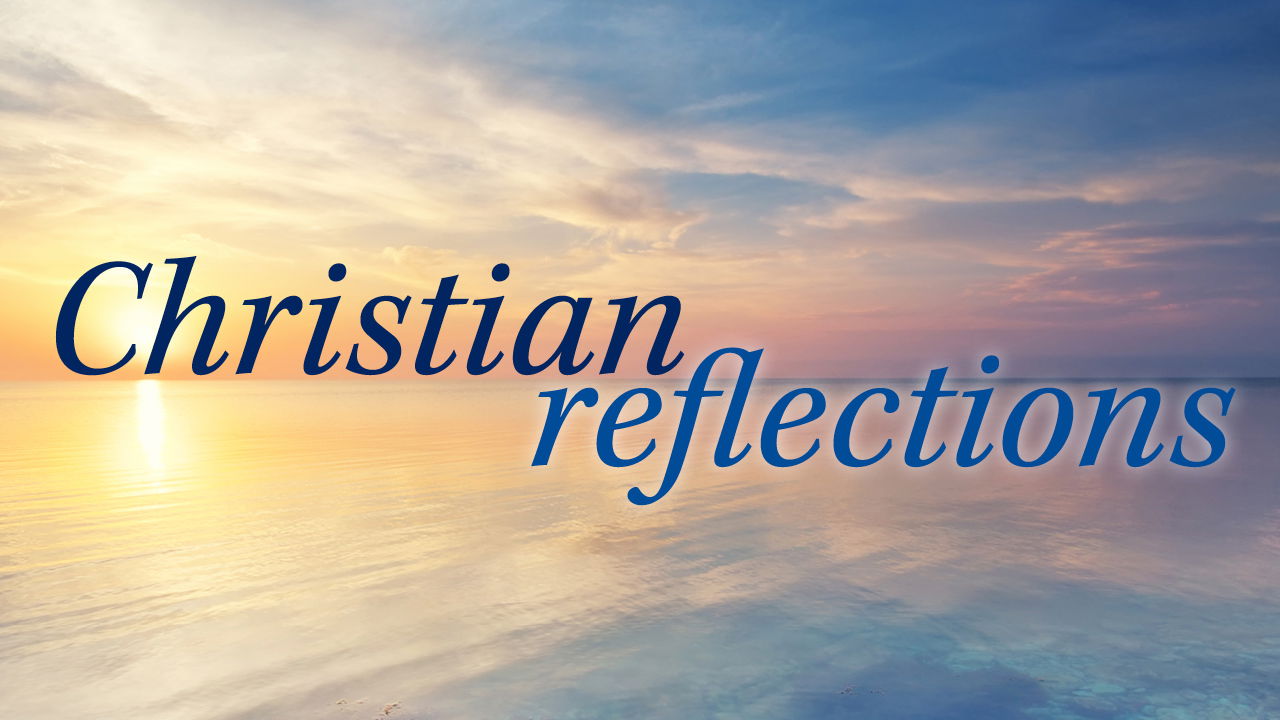Finding our purpose

By Charles Christian
“What is your purpose?” That is an intimidating question to consider.
However, maybe it doesn’t have to be as complicated as we make it out to be. For some, the temptation regarding purpose involves personal gain: Making money, acquiring prestige and growing in social influence.
The challenge of tying our purpose to our possessions or power is that both of those things can disappear quickly. If my sense of purpose is tied to material items and influence, my sense of worth can fluctuate as often as my bank account or as my positions in life change. Perhaps a goal would be to tie ourselves to a higher sense of purpose than the accumulation of wealth and power.
In his last public appearance, Nobel Peace Prize Winner Martin Luther King, Jr. famously spoke about the legacy he hoped to leave. King said: “Like anybody, I would like to live a long life — longevity has its place. But I’m not concerned about that now. I just want to do God’s will.”
King finished that message this way: “And I’m so happy tonight; I’m not worried about anything. I’m not fearing any man. Mine eyes have seen the glory of the coming of the Lord.”
A world-famous man, speaking on the night before he died on behalf of striking sanitation workers in Memphis, points his listeners to a purpose higher than materialism, power or even long life. Because of this, according to close friends and biographers of King, a sense of peace pervaded even the tense days of the Civil Rights Movement.
The lesson exemplified by Martin Luther King, Jr., originates in the passages of the Bible (King was an ordained minister). Jesus said, “Do not store up for yourselves treasures on earth, where moth and rust consume and where thieves break in and steal; but store up for yourselves treasures in heaven….” (Matthew 6:19-20).
The Apostle Paul echoes this idea: “Finally, brothers and sisters, whatever is true, whatever is noble, whatever is right, whatever is pure, whatever is lovely, whatever is admirable — if anything is excellent or praiseworthy — meditate on such things” (Philippians 4:8).
When we aim for higher priorities, ones that are lasting and don’t change on a whim, we are more likely to find the kind of purpose that blesses us and impacts those around us for the best.
